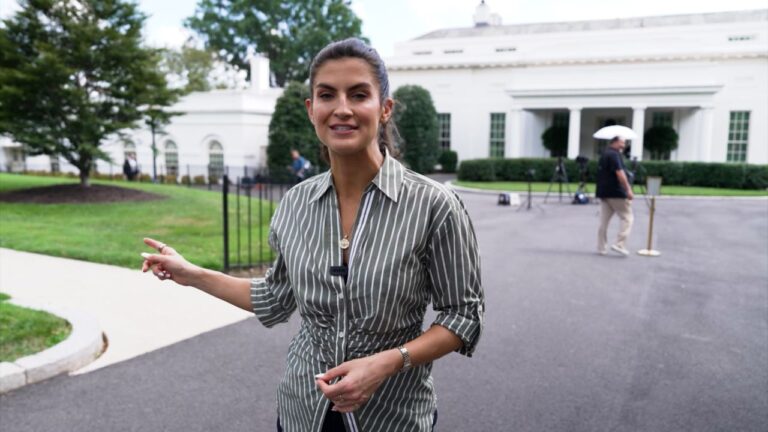WASHINGTON — In a significant legal setback for the Trump administration, a federal judge ruled on Wednesday that the order suspending asylum access at the U.S. southern border was unlawful. The decision challenges a critical component of the administration’s strategy to curb migration. However, U.S. District Judge Randolph Moss has delayed the implementation of his ruling until July 16, allowing the government time to appeal.
The controversial order, issued by former President Donald Trump on January 20, declared that the situation at the southern border amounted to an invasion. Trump asserted his authority to “suspend the physical entry” of migrants, effectively barring their ability to seek asylum until he deemed the crisis over. Judge Moss, in his ruling, emphasized that neither the U.S. Constitution nor immigration law permits the president to create an “extra-statutory, extra-regulatory regime” for deporting individuals without allowing them to apply for asylum or other humanitarian protections.
Legal and Political Implications
The ruling by Judge Moss represents a pivotal moment in the ongoing debate over immigration policy in the United States. The Trump administration’s approach to border security has been characterized by aggressive measures, including the construction of a border wall and the implementation of strict asylum policies. This latest judicial decision poses a direct challenge to those efforts.
Legal experts have weighed in on the implications of the ruling. According to immigration law specialist Dr. Emily Rodriguez, “This decision underscores the judiciary’s role in checking executive power, particularly when it comes to fundamental rights like seeking asylum.” She further noted that the ruling could set a precedent for future cases involving executive overreach.
Historical Context and Comparisons
The debate over asylum and immigration policy is not new to the United States. Historically, the country has grappled with balancing national security concerns with its humanitarian obligations. The Refugee Act of 1980, for instance, established a legal framework for asylum seekers, reflecting America’s commitment to providing refuge to those fleeing persecution.
Comparisons can be drawn to past administrations that have faced similar challenges. For example, during the Obama administration, there were efforts to address the surge of unaccompanied minors at the border, which led to policy changes and increased scrutiny of immigration practices. These historical parallels highlight the complexity and enduring nature of immigration issues in the U.S.
Next Steps and Future Considerations
The Trump administration now faces a critical decision: whether to appeal Judge Moss’s ruling. An appeal could prolong the legal battle and potentially escalate the case to higher courts, including the Supreme Court. Meanwhile, advocacy groups and immigration lawyers are preparing for the possibility of further legal challenges.
As the July 16 deadline approaches, the Biden administration, which has inherited this legal conundrum, must navigate the complexities of immigration reform. President Biden has expressed a commitment to reversing many of Trump’s immigration policies, but this ruling adds another layer of complexity to an already contentious issue.
The outcome of this case could have far-reaching consequences for U.S. immigration policy and the lives of countless individuals seeking refuge. As the legal process unfolds, stakeholders on all sides will be closely monitoring developments, aware of the profound impact these decisions will have on the nation’s approach to asylum and border security.























